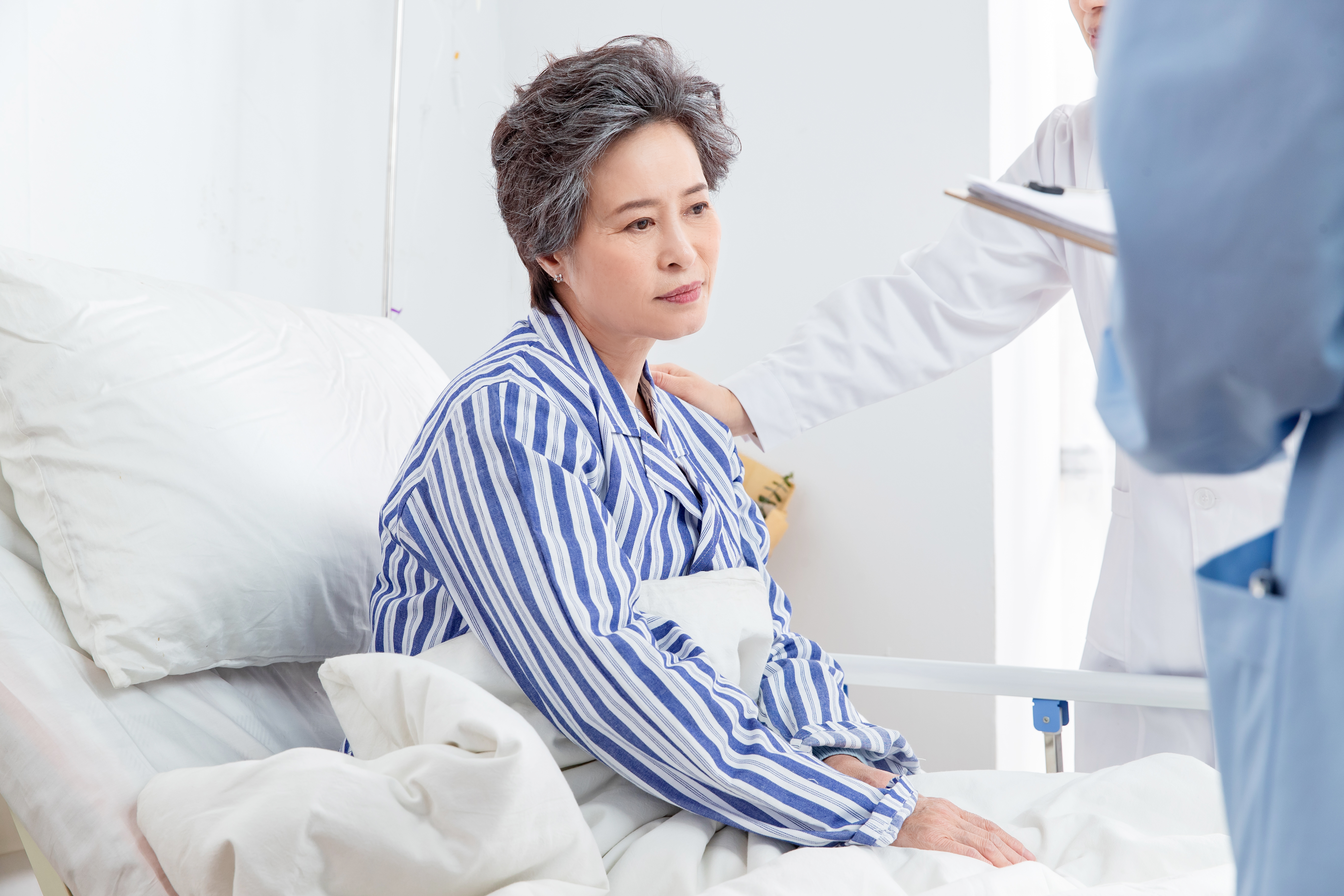All kinds of pears are on the market in autumn. Have you ever felt a little tired of eating them raw? Experts recommend that the elderly can cook some pear porridge, which is a great supplement for autumn.
In traditional Chinese medicine, pears are believed to have the effects of moistening the lungs, transforming phlegm, generating body fluid, and relieving dryness, making them suitable for lung nourishment in autumn. Due to the weather in early autumn, which has not completely recovered from the high temperature, the spleen and stomach may be affected to varying degrees, leading to poor appetite and indigestion. Therefore, it is best to consider the spleen and stomach while nourishing the lungs, and pears can be cooked with rice to make porridge.
There are different ways to make pear porridge. You can wash the pears, cut them into pieces with the skin on, add an appropriate amount of water, and simmer for half an hour. Then remove the pear pieces and cook the cleaned glutinous rice with the pear soup. Once the rice is cooked, it can be eaten. Alternatively, you can cook the rice porridge until it is 80% cooked, then add the washed and sliced pears and continue cooking until the rice is fully cooked before eating.
Although pears are excellent for lung nourishment, eating too many can harm the spleen and stomach, especially for the elderly whose spleen and stomach functions have declined. Pears have a diuretic effect, so those who frequently urinate at night should eat less pears before bedtime. Pears are high in fruit acid, so people with excessive gastric acid should not eat too many. Pears also have high sugar content, so people with diabetes or excessive phlegm in asthma should eat less.






